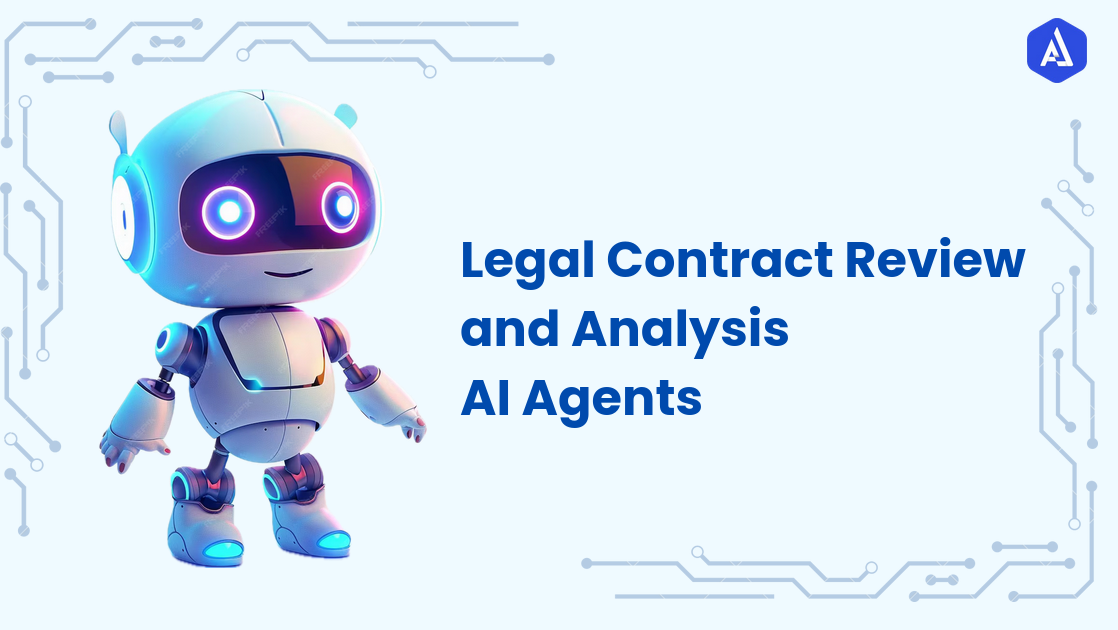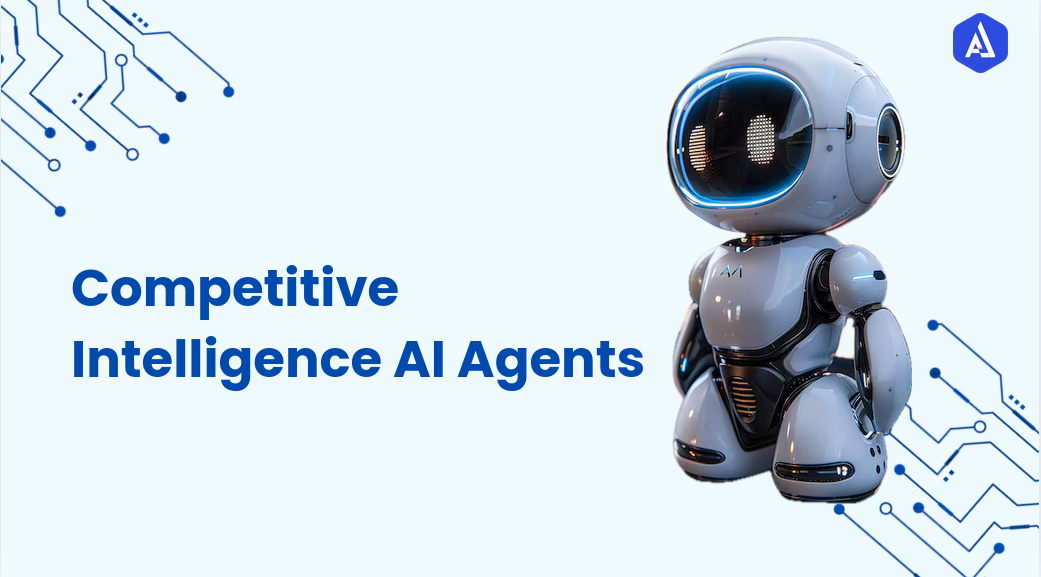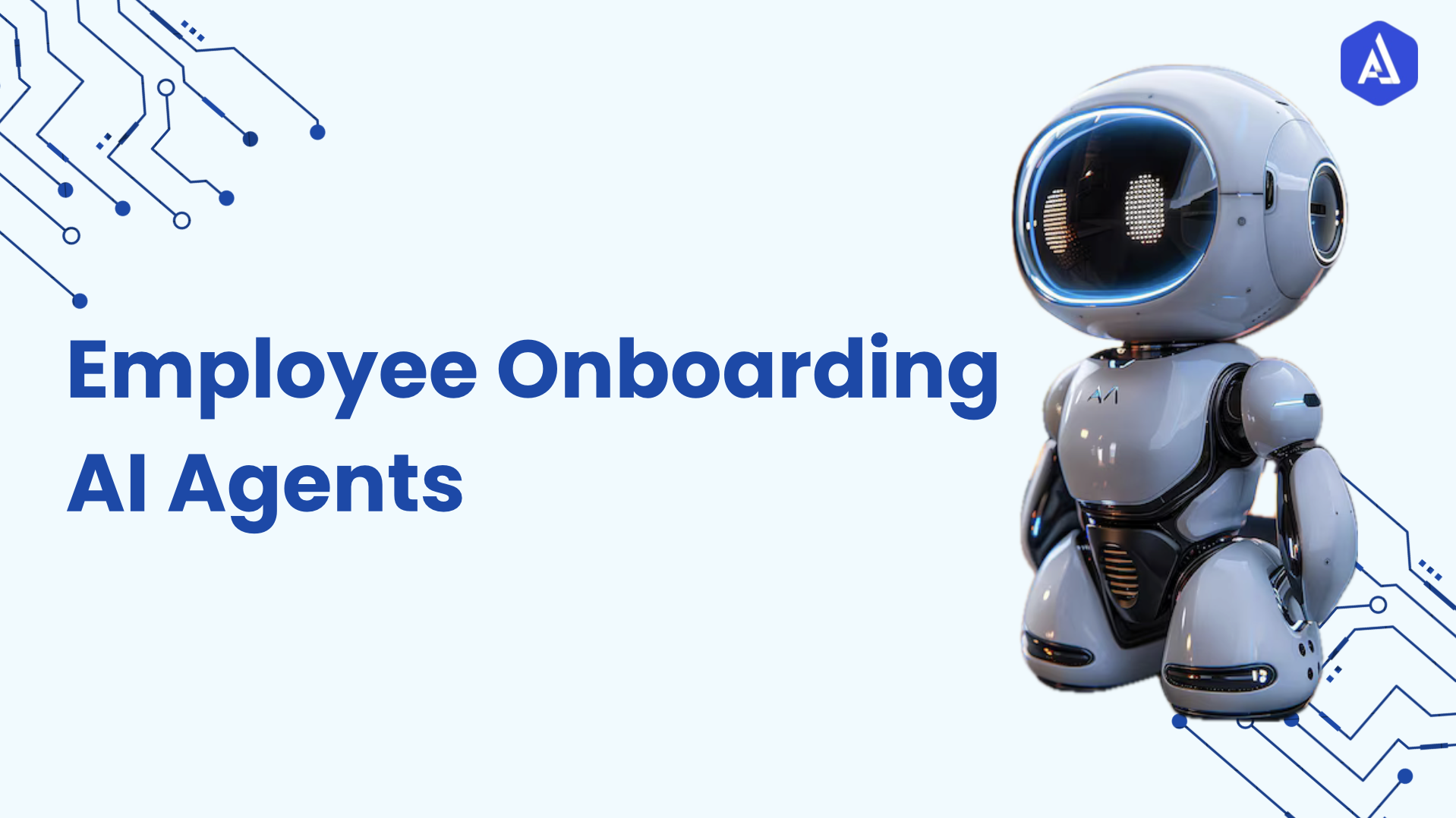Introduction
Airtable AI Agents are powerful and creative solutions created to expand the potential of the Airtable platform for automating processes and improving data handling. These agents are infused into the working processes and improve the workflow, enhance cooperation, and enable teams to address data in smarter and more efficient manners. Due to their simplicity of use and highly effective functions, Airtable AI Agents will soon become a breakthrough in business management and working with information.
About the Airtable
Airtable is an all-around cloud application that integrates the functionality of a spreadsheet with the sophistication of a database. It also lets users write applications that integrate with wiki functionality, work as project management tools, and visually organize data. Here are some key features that make Airtable a popular choice for teams across various industries:
-
Customizable Tables: Airtable allows users to create new tables that are customizable for use by the users. It can be text, an attachment, a checkbox or a drop-down box and each represented table could have any of these types of fields.
-
Views and Filters: It is also possible to choose one of many available view types that are grid, calendar, gallery, as well as the kanban board. Most of the time, filtering and sorting help in analyzing large data sets because they compartmentalize the data available for analysis.
-
Collaboration Tools: Airtable enables collaboration by use of shared base, option of editing by different people at the same time and commenting. Group cooperation can be maximum so that all the people involved understand what their colleagues are doing and efficiency, therefore, is achieved.
-
Integration with Other Tools: Airtable can be easily connected with other applications like Slack, Google Drive, and Zapier and etc. This integration makes it possible for the users to improve their operations by integrating Airtable to the applications they employ.
-
Automations: Another component of Airtable is that it offers users an automation part which allows to set up the automation of some predefined actions. The functionality is helpful as it eliminates time and reduces the possibility of human mistakes hence facilitating project flow.
That is why Airtable guarantees strong performance and becomes an indispensable tool for organizations to manage projects and data.
About the Airtable AI Agent
Airtable AI Agents enhance the Airtable platform by introducing intelligent automation and data processing capabilities. Here’s a detailed overview of the agent’s design, capabilities, and integration:
-
Design and Architecture: The Airtable AI Agent is built on a flexible architecture that allows it to handle distinct types of data and user interactions. This design ensures that the agent can operate efficiently within the Airtable environment while scaling to meet organizational needs.
-
Capabilities:
-
Intelligent Data Processing:The agent can analyze data trends and patterns, providing insights that help users make informed decisions. By leveraging machine learning algorithms, it identifies correlations and anomalies in datasets.
-
Automation of Workflows:The Airtable AI Agent automates complex workflows, reducing manual effort and increasing productivity. Users can set triggers for specific actions, enabling the agent to perform tasks automatically based on predefined criteria.
-
Natural Language Processing (NLP):With integrated NLP capabilities, the agent can understand and respond to user inquiries in natural language. This feature allows users to interact with the agent more intuitively, enhancing user experience.
-
Real-Time Notifications: The agent provides real-time updates and notifications based on changes in data or project statuses. This capability ensures that teams stay informed and can react quickly to developments.
-
Integration and Enhancement: The Airtable AI Agent seamlessly integrates with the existing Airtable platform, enhancing its core functionalities. This integration allows users to leverage the agent's capabilities without disrupting their current workflow.
-
User Engagement: Designed for maximum user engagement, the agent offers an intuitive interface that encourages interaction. Users can easily access features, monitor data, and receive insights, promoting a positive user experience.
-
Learning and Adaptation: The Airtable AI Agent continuously learns from user interactions and adapts its recommendations accordingly. This ongoing learning process ensures that the agent remains effective and relevant as organizational needs evolve.
-
Use Cases
Airtable AI Agents are versatile tools that integrate into the Airtable platform to automate processes, analyze data, and improve collaboration across various industries. Below are several key use cases showcasing how Airtable AI Agents can transform business operations:
Project Management and Task Automation
Industry: Project Management / Consulting
Use Case: In project management, Airtable AI Agents automate task assignment and workflow management. The agent can automatically assign tasks to team members based on workload and priority, and set reminders or notifications based on project deadlines.
By leveraging the agent's real-time notifications and intelligent data processing, project managers are alerted about project status changes, bottlenecks, or overdue tasks, allowing teams to take immediate action. The agent also processes historical project data to suggest the most efficient task allocation strategies for future projects.
Customer Relationship Management (CRM)
Industry: Sales / Marketing
Use Case: In sales teams, Airtable AI Agents can be used to enhance CRM systems by automating the process of managing customer interactions. The agent automatically tracks and updates customer data, flags potential leads, and sends personalized email campaigns based on customer behaviour and past interactions.
It can also predict future customer needs or behaviours using historical data and automatically trigger follow-up tasks for sales representatives. For example, it can trigger a reminder to reach out to a customer when they’re nearing a renewal date or when an action is required.
HR and Employee Onboarding
Industry: Human Resources (HR)
Use Case: Airtable AI Agents automate HR processes, especially employee onboarding. The agent can automatically track and manage documents required from new hires, such as forms, tax information, and identification documents, and send reminders to employees and HR personnel to complete these tasks on time.
Additionally, the AI agent can send new hires onboarding tasks, such as setting up emails, enrolling in benefits programs, and scheduling introductory meetings with the team. It can also provide real-time notifications when employees complete these tasks or if they’re overdue.
Data Analytics and Reporting
Industry: Finance / Marketing Analytics
Use Case: For marketing and finance teams, Airtable AI Agents enhance data analysis by providing real-time insights and identifying trends from vast datasets. For example, a marketing team might use the agent to track campaign performance metrics across various platforms like Google Ads, Facebook, and email marketing.
The AI agent processes this data and provides actionable insights, like identifying which campaigns have the highest ROI, which demographic segments are most engaged, or where there are anomalies in data trends. This real-time analysis helps teams make informed, data-driven decisions quickly.
Inventory Management and E-Commerce Optimization
Industry: Retail / E-commerce
Use Case: In e-commerce, Airtable AI Agents can automate inventory management by predicting product demand based on historical sales data, seasonality, and trends. The AI agent can automatically adjust stock levels, send reorder alerts when products are low, and even trigger purchase orders with suppliers when inventory falls below a certain threshold.
Additionally, the agent can analyze sales patterns and suggest which products to promote, personalize marketing efforts, and target specific customer groups with tailored discounts or promotions.
Event Planning and Coordination
Industry: Event Management
Use Case: Airtable AI Agents streamline event planning by automating tasks such as managing guest lists, sending invitations, tracking RSVPs, and assigning event-day responsibilities.
For example, the agent can automatically create and update an event timeline, send out reminders to vendors, and handle logistics such as venue and catering confirmations. It can also analyze past event data to suggest improvements for future events, such as preferred venues or vendor performance.
Healthcare and Patient Management
Industry: Healthcare / Medical Services
Use Case: In healthcare organizations, Airtable AI Agents can assist in managing patient records, appointment scheduling, and follow-up reminders. The AI agent can analyze patient histories, predict potential health issues based on past data, and automatically schedule follow-up appointments. It can also send reminders to both patients and healthcare providers regarding upcoming appointments, medication schedules, or test results.
The agent’s real-time notifications and intelligent insights can help medical staff focus on high-priority tasks while ensuring patients receive timely care.
Financial Services and Compliance Monitoring
Industry: Finance / Banking
Use Case: In financial services, Airtable AI Agents assist with compliance monitoring and transaction analysis. The AI agent can track financial transactions for irregularities, flagging potential fraudulent activities in real-time. It can also automate compliance tasks, such as document verification, KYC (Know Your Customer) checks, and report generation.
Using predictive analytics, the agent can foresee financial trends or issues, helping financial institutions to take preventive action before problems arise.
Benefits and Values
Implementing Airtable AI Agents offers numerous advantages that contribute to the overall success of an organization. Here are some key benefits:
-
Increased Efficiency: By automating repetitive tasks and workflows, Airtable AI Agents significantly reduce the time required to complete processes. This efficiency gain allows teams to focus on strategic initiatives and value-added activities.
-
Enhanced Data Insights:The intelligent analysis capabilities of the agent provide users with actionable insights that inform decision-making. This enhanced understanding of data trends helps organizations make proactive adjustments to their strategies.
-
Cost Reduction:Automating routine operations leads to lower labor costs and minimizes the likelihood of costly errors. These savings can be redirected to more strategic initiatives, maximizing organizational resources.
-
Improved Collaboration:The integration of AI agents promotes better collaboration among team members. With real-time updates and automated notifications, teams can stay aligned and informed, enhancing overall productivity.
-
Scalability:Airtable AI Agents can easily scale with the needs of an organization. As businesses grow and evolve, the agents can adapt to new challenges, ensuring continued value and support for operations.
-
User-Friendly Experience:The intuitive design of Airtable AI Agents ensures that users of all skill levels can engage with the platform effectively. This accessibility promotes broader adoption within organizations and reduces the need for extensive training.
These benefits collectively contribute to a strong value proposition for organizations considering the adoption of Airtable AI Agents.
Usability
Developing an all-inclusive guide is required to help users make the most of the Airtable AI Agent. Here’s a step-by-step overview of how to set up, operate, and troubleshoot the agent:
Setup:
-
Installation: The first step in the business scenario will be to incorporate the Airtable AI Agent into Airtable. Gas into on-screen automatic things when setting up the device to simplify the process.
-
Configuration: After that, setup the integrated agent with the needed bases and applications. It is also necessary to obtain all the required permissions for appropriate work.
Operation:
-
Dashboard Access: To get to the agent’s dashboard, go to Airtable. Here, the one is to track the statistics, view tasks and assignments, and work with different functionalities.
-
Task Assignment: Engage the features of the agent by creating conduits of automated workflow. It remains possible to set predeterminations on actions regarding data or input that may be altered.
-
Data Analysis: Agent also used to draw reports and insights to leverage the analytics feature. This functionality makes it possible to manage progress while making decisions based on an actual status.
Troubleshooting:
-
Common Issues: Head over to the Airtable help center for answers to some of the most frequently asked questions when using the application, including integration and performance issues.
-
Support Resources: However, if the problems still persist, then, do not hesitate to contact Airtable support team. You can get help through a chat, by email or phone: the users are guaranteed to get help at the right time.
-
Training and Support: That is why Airtable has a rich training base and a set of tutorials and webinars to assess the full potential of the AI Agent. Continuity factors cover issues such as normal software application updates and other subsequent helps and modifications make it possible for organizations.
Organizations are advised to offer an encyclopedia of usability to guarantee that their teams derive the best from Airtable AI Agents and are free from drawbacks.


